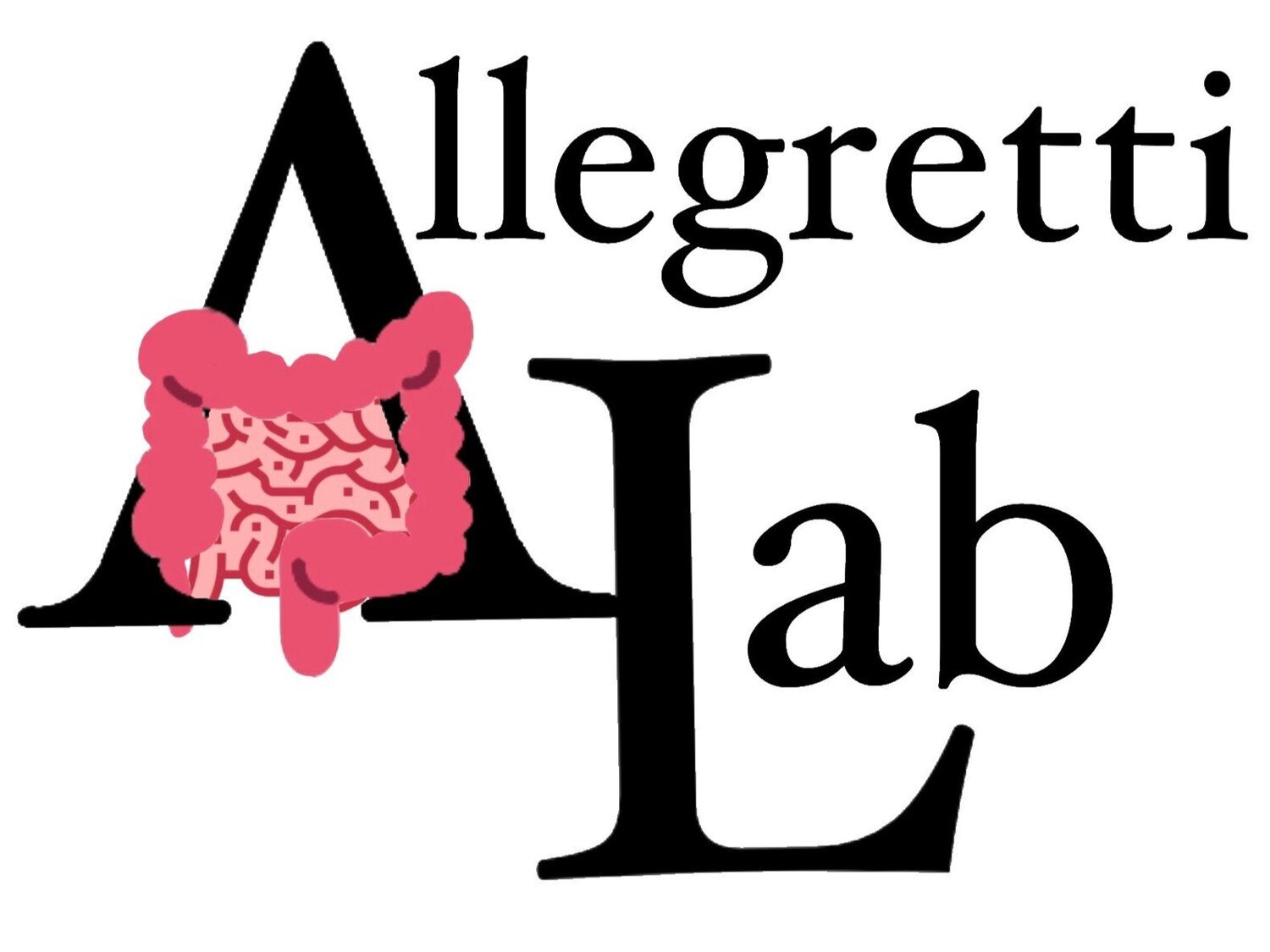Novel Therapeutic Trials
A major goal of the Allegretti Lab is have a therapeutic option for any patient in need. We currently have ongoing trials for patients with IBD, C. difficile infection or both! Information regarding ongoing sponsored and investigator initiated trials below. Please reach out with any questions.
Inflammatory Bowel Disease Therapeutic Trials
Low Dose IL-2 for the treatment of Moderate to Severe Crohn’s Disease:
One promising new approach to treat IBD is through the manipulation of regulatory T cells (Tregs). Interleukin-2 (IL-2, Proleukin®) is a T cell growth factor. IL-2 is currently licensed for the treatment of metastatic renal cell carcinoma and metastatic melanoma. At low doses, IL-2 promotes the selective activation and expansion of Tregs in humans. Low-dose (LD) IL-2 selectively expands Tregs in humans and is safe in chronic GvHD and other phase 1 and 2 clinical trials.
This is a phase 1b/2a clinical trial to assess the safety and the efficacy of LD SC IL-2 for the treatment of CD utilizing daily subcutaneous injections for 8 weeks. Responders to therapy will be offered an additional 52 weeks of therapy.
Eligible patients include those age 18-80 years with a diagnosis of moderate-to-severe Crohn’s Disease and failure to tolerate or to respond to at least one conventional therapy
Roche UC Ametrine-1 Study
The Ametrine study is a phase III double-blind, placebo-controlled, study to evaluate the efficacy and safety of RO7790121 for induction and maintenance therapy in participants with moderately to severely active Ulcerative colitis.
Eligible patients must be 18 years of age with a demonstrated inadequate response, loss of response, and/or intolerance to at least one conventional or advanced UC therapy.
Roche CD SIBERITE-1 Study
The Siberite study is a phase III double-blind, placebo-controlled, study to evaluate the efficacy and safety of RO7790121 for induction and maintenance therapy in participants with moderately to severely active Crohn’s disease.
Eligible patients must be 18 years of age with a demonstrated inadequate response, loss of response, and/or intolerance to at least one conventional or advanced CD therapy.
Clostridioides difficile Infection Trials
REBYOTA™ for the Prevention of Recurrence of Clostridioides Difficile Infection (CDI) in Adult Patients: An Observational Study
REBYOTA is a microbiota suspension prepared from human stool which is collected from prescreened and qualified donors, and addresses the GI dysbiosis, which is seen as the root cause of CDI. Unlike fecal microbiota transplantation (FMT), REBYOTA is not intended to treat actual episodes of symptomatic CDI but given only after antibiotic treatment to prevent recurrent CDI.
Eligible patients are adults who meet the following criteria:
Diagnosis of recurrent CDI as determined by the treating physician
Completed antibiotic treatment for the presenting recurrent CDI episode
AstraZeneca
This is an exploratory, non-interventional, unblinded, observational study evaluating the acceptability, feasibility and performance of methods to collect, transport and test biospecimens in patients with active Clostridioides difficile infection. Participants will also be monitored for recurring episodes of diarrhea and will need to complete diaries and study evaluation questionnaires.
Eligible patients are at least 18 years of age and are currently being treated for a lab-confirmed episode of C. difficile.
Vedanta
This is a double-blind, placebo-controlled, Phase 3 study to evaluate safety and Clostridiodes difficile infection (CDI) recurrence rate at Week 8 in participants who receive a 14-day course of VE303, an oral capsule that contains 8 well-characterized, nonpathogenic, nontoxigenic, commensal bacterial strains that are grown from pure clonal cell banks. There is a 22 week follow-up period after dosing is completed.
Eligible patients are at least 18 years of age and are currently receiving antibiotic treatment for a confirmed episode of C. difficile, and must have had at least one other confirmed and treated episode of C. difficile in the past 6 months.
